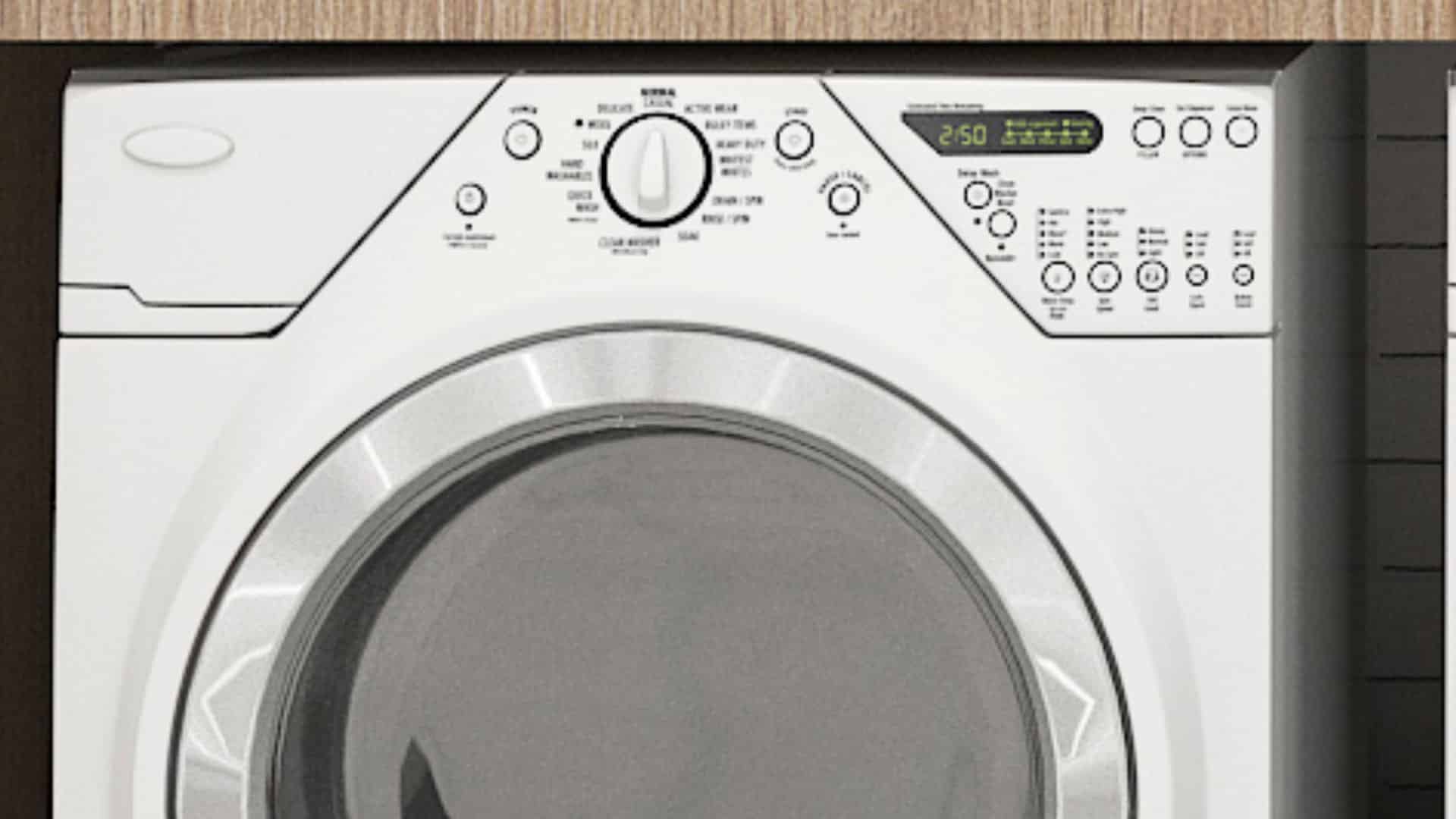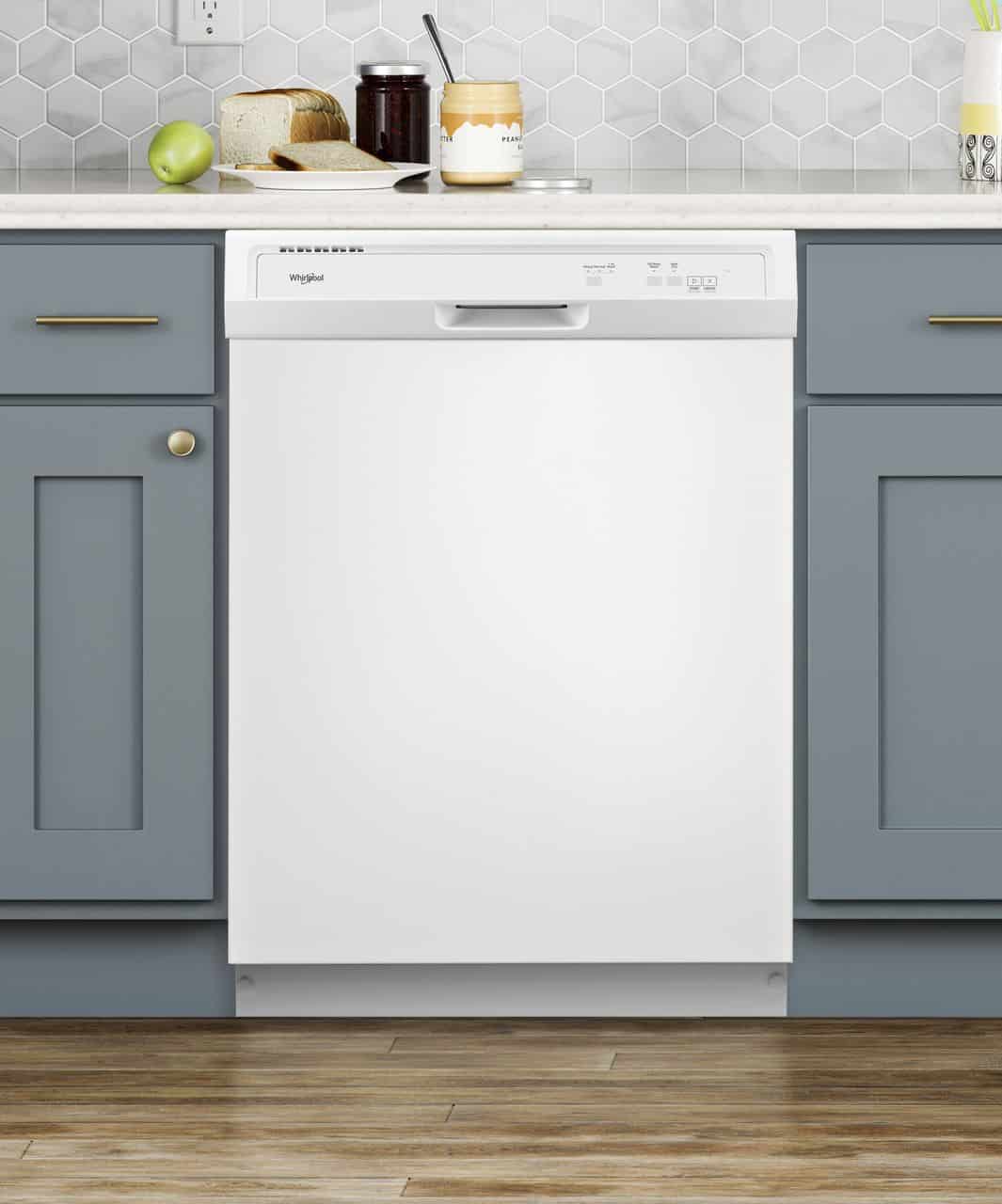
A well-maintained appliance equals a properly functioning appliance; especially, when it comes to your Whirlpool dishwasher model WDF130PAHW. From cleaning the interior to adjusting your home’s water temperature, your dishwasher deserves and needs a little TLC from time to time. If you’re looking for easy but effective ways to care for your appliance, the tips provided below will help you maintain your dishwasher and keep it running efficiently for years to come.
Clean the Fine Filter
You may not realize it, but your dishwasher has a fine filter that sits at the bottom of your appliance. As you’ve probably guessed, the filter collects bits and pieces of food as they fall off your dishes during a wash cycle. Without a filter, debris would clog your drain or recirculate inside the dishwasher tub. Unfortunately, the same thing can happen if the fine filter is not cleaned on a regular basis. Problems draining and grit left on your dishes after a wash cycle can indicate the filter in your dishwasher is caked with leftover debris. Luckily, a quick soak in warm soapy water and a gentle scrub with a sponge will clean your filter right up. According to the Whirlpool owner’s manual, if you use your dishwasher at least 4 times a week you need to inspect and clean the filter once every two months, and if you use it less than that, the filter needs cleaning twice per year.
Inspect the Door Gasket
The door gasket runs along the inside of your dishwasher door. It creates an airtight seal that stops water from escaping your appliance. Food particles can get stuck on the gasket, causing gaps in the seal, meaning leaks from around your dishwasher door can occur. Wiping down the gasket with a soapy sponge or rag at least once a month will remove any obstructions. While you’re cleaning the gasket, you should also examine the rubber for any damage, such as small rips. If you find a tear, you’ll need to replace the gasket.
Examine the Spray Arms
Bits of food and mineral deposits can clog the small holes in your dishwasher spray arms. Every few months, it’s wise to clean the spray arms by removing them and using either a sewing needle or a piece of wire to dislodge food particles stuck in the small holes. After you’ve cleared the holes, soak the arms in warm soapy water and wipe them down with a rag.
Repair the Dish Racks
The plastic coating that covers the dish racks in your dishwasher can chip away, meaning the metal underneath can corrode. If left in disrepair, slivers of rust can fall off the dish racks and end up in the dishwasher pump, which can cause serious damage and lead to expensive repairs. Inspect your dish rack for areas of exposed metal, and if any spots are found, touch-up the location with dish rack coating paint.
Deodorize and Clean Your Dishwasher Interior
Even if your dishwasher isn’t emitting a sour smell or the inside of the tub doesn’t look dirty, cleaning the interior is a preventive measure everyone should take. Luckily, the process is quite simple, and only requires two cups of white distilled vinegar, warm soapy water, and a clean rag. First, place the vinegar in the center of the bottom dish rack. Second, close the dishwasher door and start a short wash cycle. Once the wash cycle is finished, start the third and final step by opening the dishwasher door and wiping down the walls of the appliance. Then, using the rag, clean the bottom inside edge of the door. This area is notorious for mold growth due to food collecting in between the door and the tub edge, so make sure you clean the spot thoroughly.
Adjust the Water Temperature
Using water that’s too cold in your dishwasher will leave your dishes spotted with dried on food, and water that’s too hot will waste energy and money. The Whirlpool installation guide states, the water running to your dishwasher should be at least 120 degrees Fahrenheit, but should not exceed 150 degrees Fahrenheit. If you would like to test your dishwasher’s water temperature, simply place a glass and a meat thermometer underneath your kitchen faucet and turn on the hot water. Let the water run for one minute before checking the thermometer. If the results are less than 120 degrees Fahrenheit or more than 150 degrees Fahrenheit, you’ll need to adjust your home’s hot water heater.
Choose the Right Type of Detergent
Detergent really does matter when it comes to maintaining your dishwasher. For one, you should only use detergents made specifically for dishwashers. Dish soap used to wash dishes in your sink is not a substitute. If you do use dish soap you risk over-sudsing, which can lead to water and soap all over your kitchen floor. You should also avoid cheap detergents. Unfortunately, some of the ingredients in less expensive powders can end up damaging your dishes and cause unnecessary wear and tear to the components in your appliance. It’s also wise to remember powdered detergent has an expiration date, meaning buying a large box isn’t always the best choice. If you do purchase your detergent in bulk, discontinue using it as soon as it gets lumpy.
Check to See if Your Dishwasher is Level
A non-level dishwasher can cause your appliance to leak. Every so often, you should check whether you need to adjust the legs of your appliance by using a level. If the small bubble in the level isn’t in the middle, you’ll need to elongate or shorten the legs on your dishwasher to properly balance the appliance.
Don’t Ignore Warning Signs
If you want your dishwasher to last, you need to pay close attention to how it’s performing. Catching small malfunctions early can save you from a larger and more expensive issue down the line. Never ignore leaks, draining problems, or odd sounds coming from your dishwasher. If you notice any of the symptoms mentioned, it’s wise to contact an appliance repair technician.
Consistently maintaining your dishwasher is the best way to ensure your appliance is performing properly and efficiently. If you have more questions about caring for your dishwasher or one of your appliances is malfunctioning, please contact us today and we’ll be happy to help you.
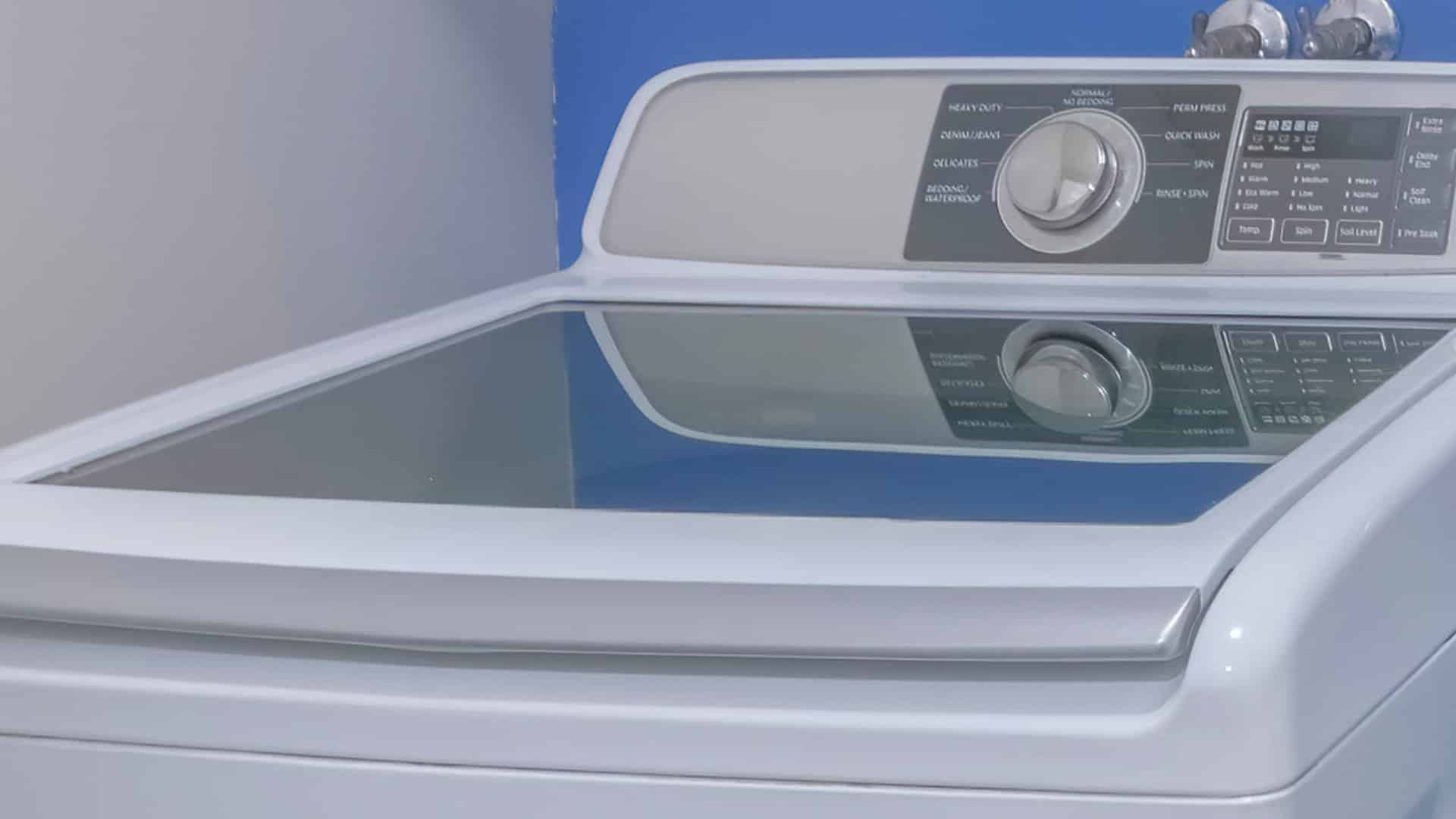
How to Fix the nF Error Code on a Samsung Washer
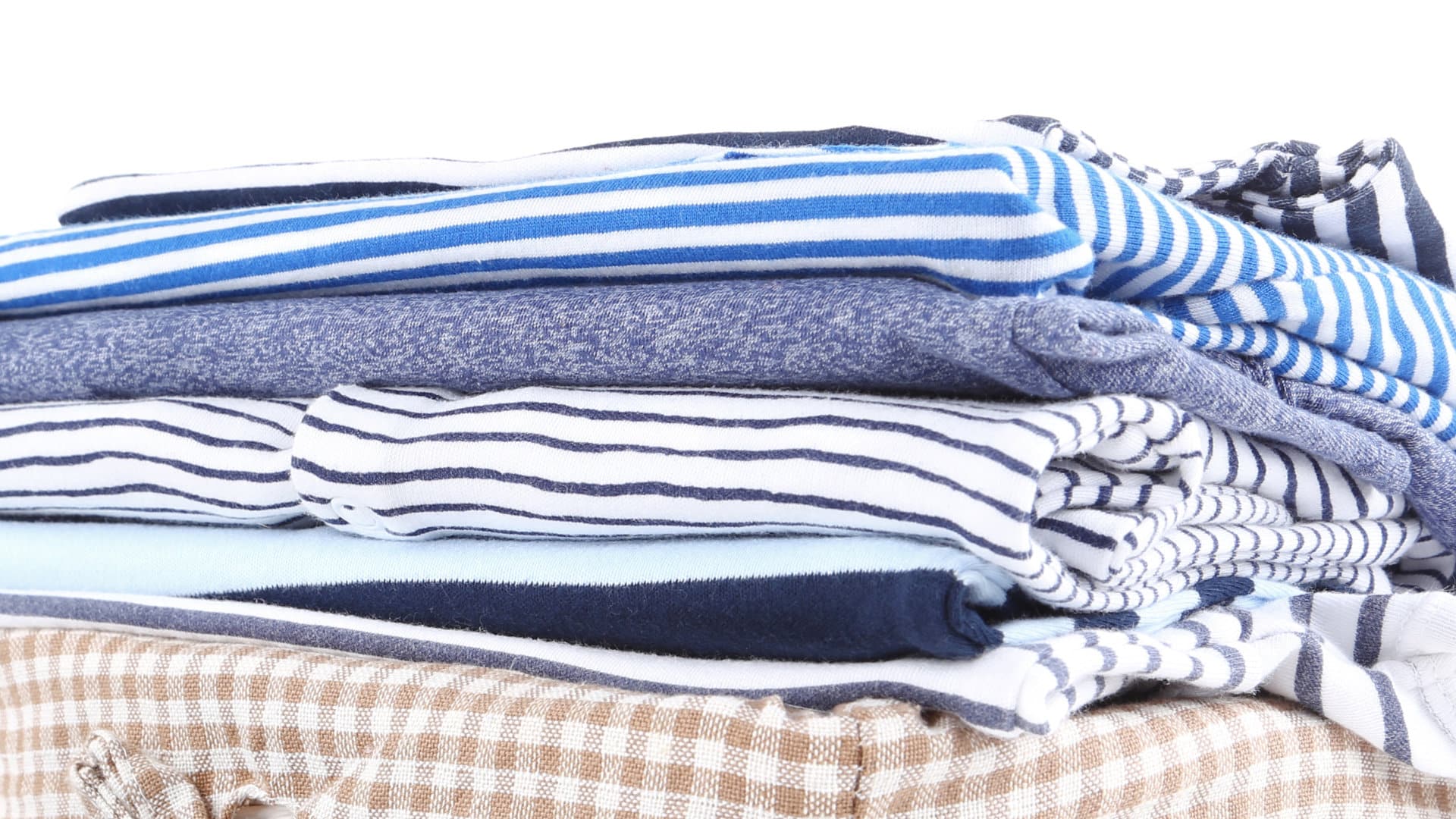
Kenmore Elite Dryer Issues: How To Troubleshoot
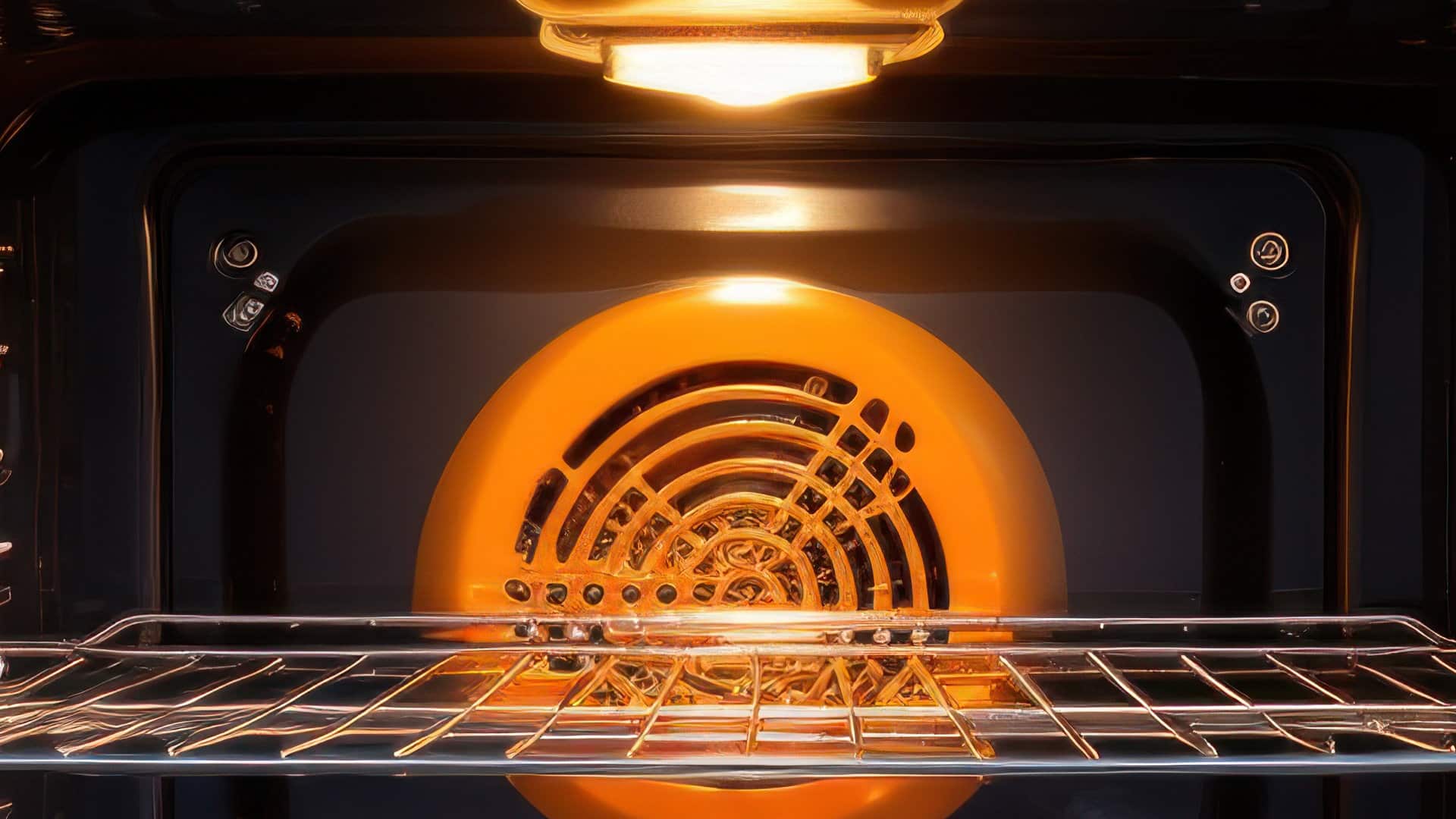
Microwave vs. Oven: Pros and Cons and How They Differ
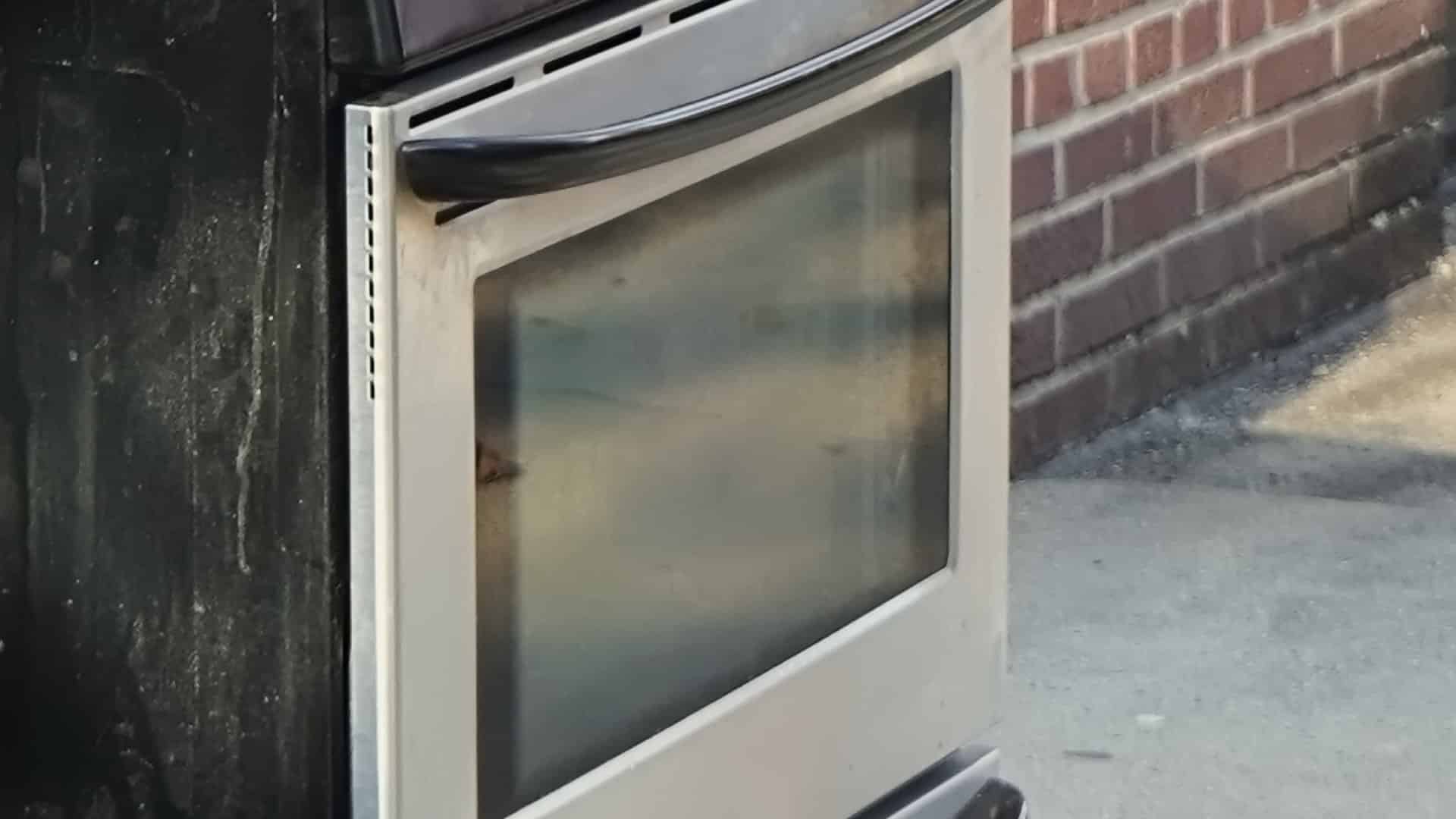
Self-Cleaning Oven Smell: Causes & Odor Reduction Tips

Frigidaire Ice Maker Not Working? 7 Ways to Fix It
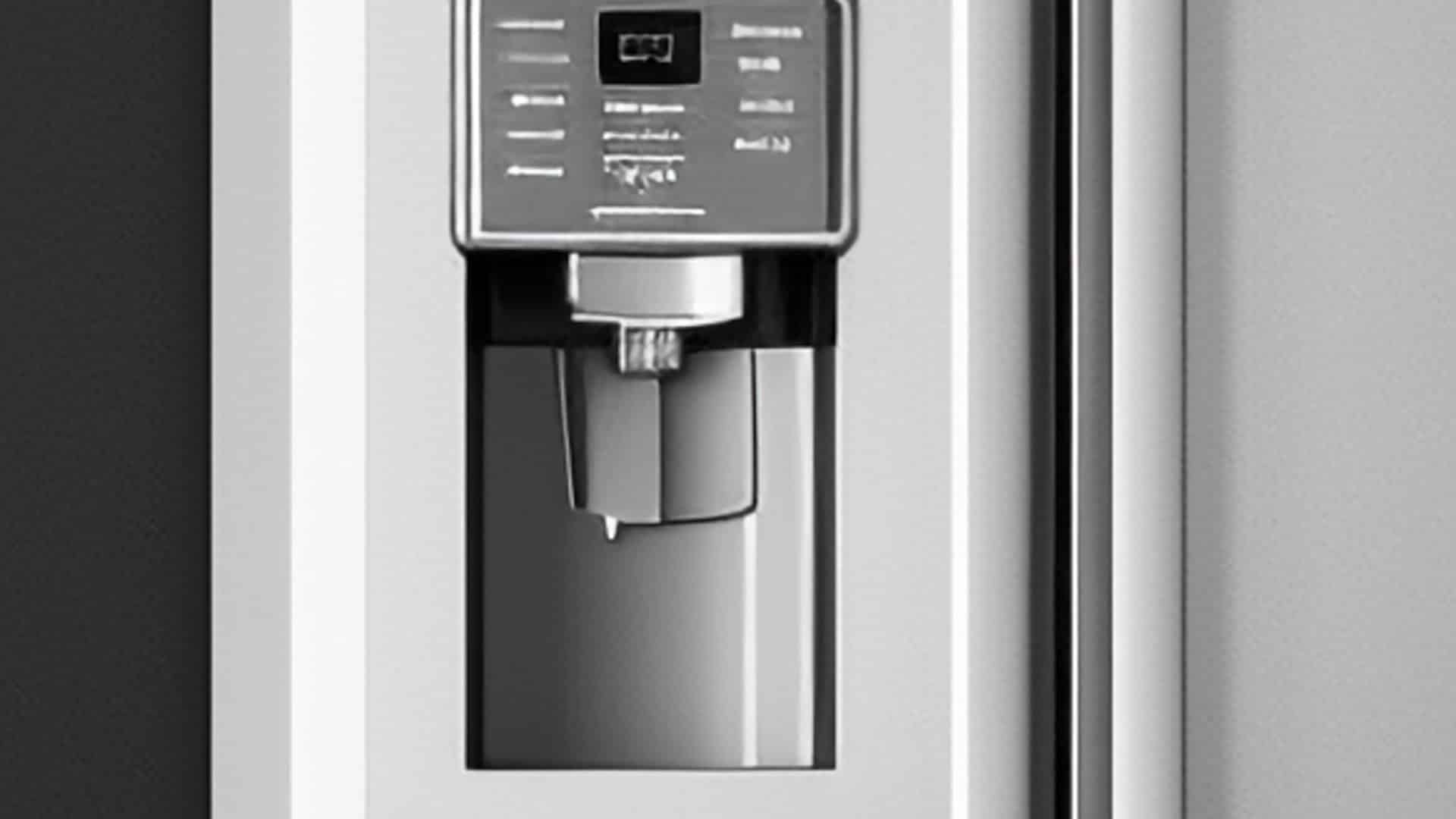
Why Is Your LG Refrigerator Not Cooling? (9 Common Reasons)
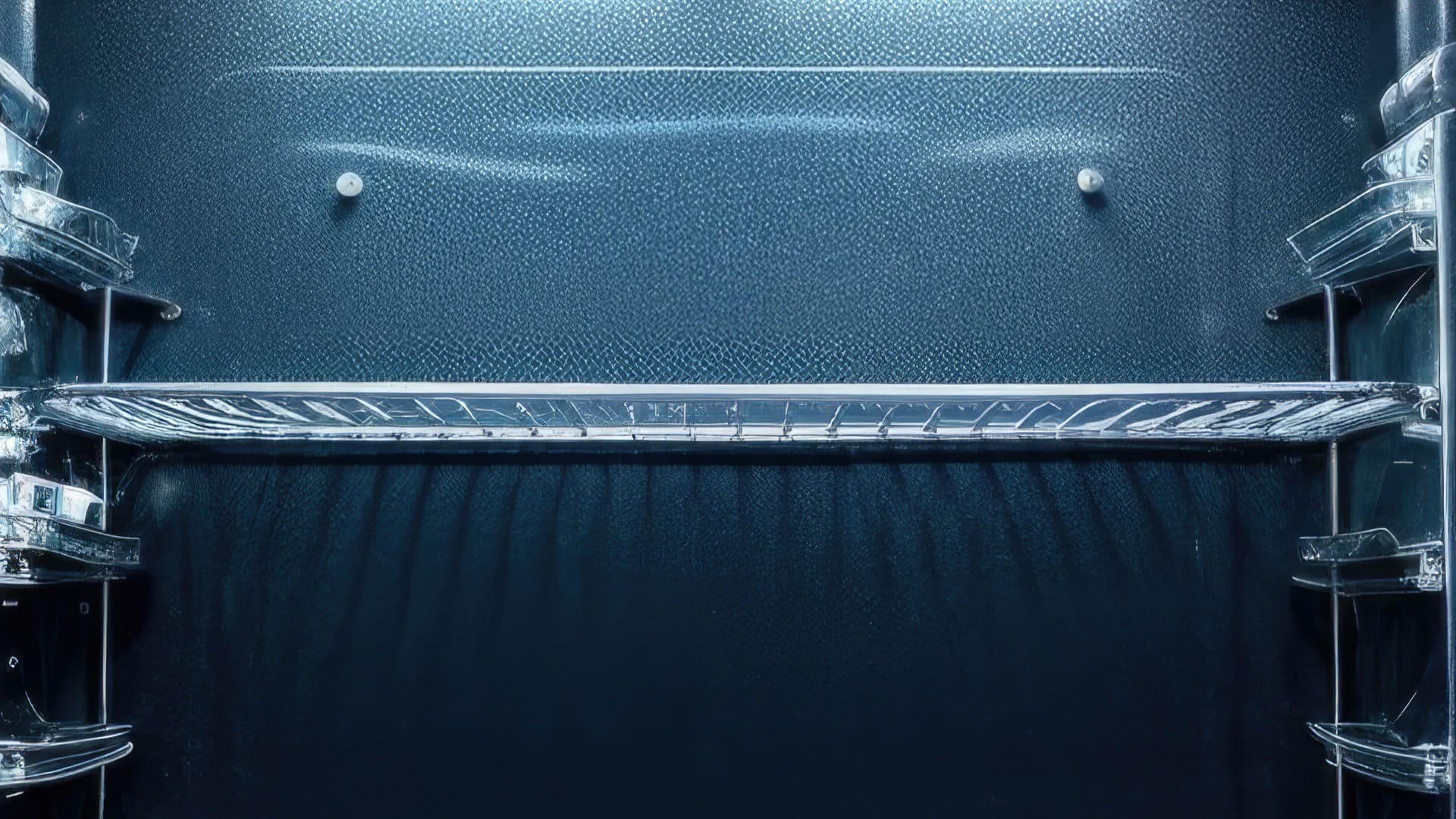
GE Oven F2 Error: Causes & Solutions
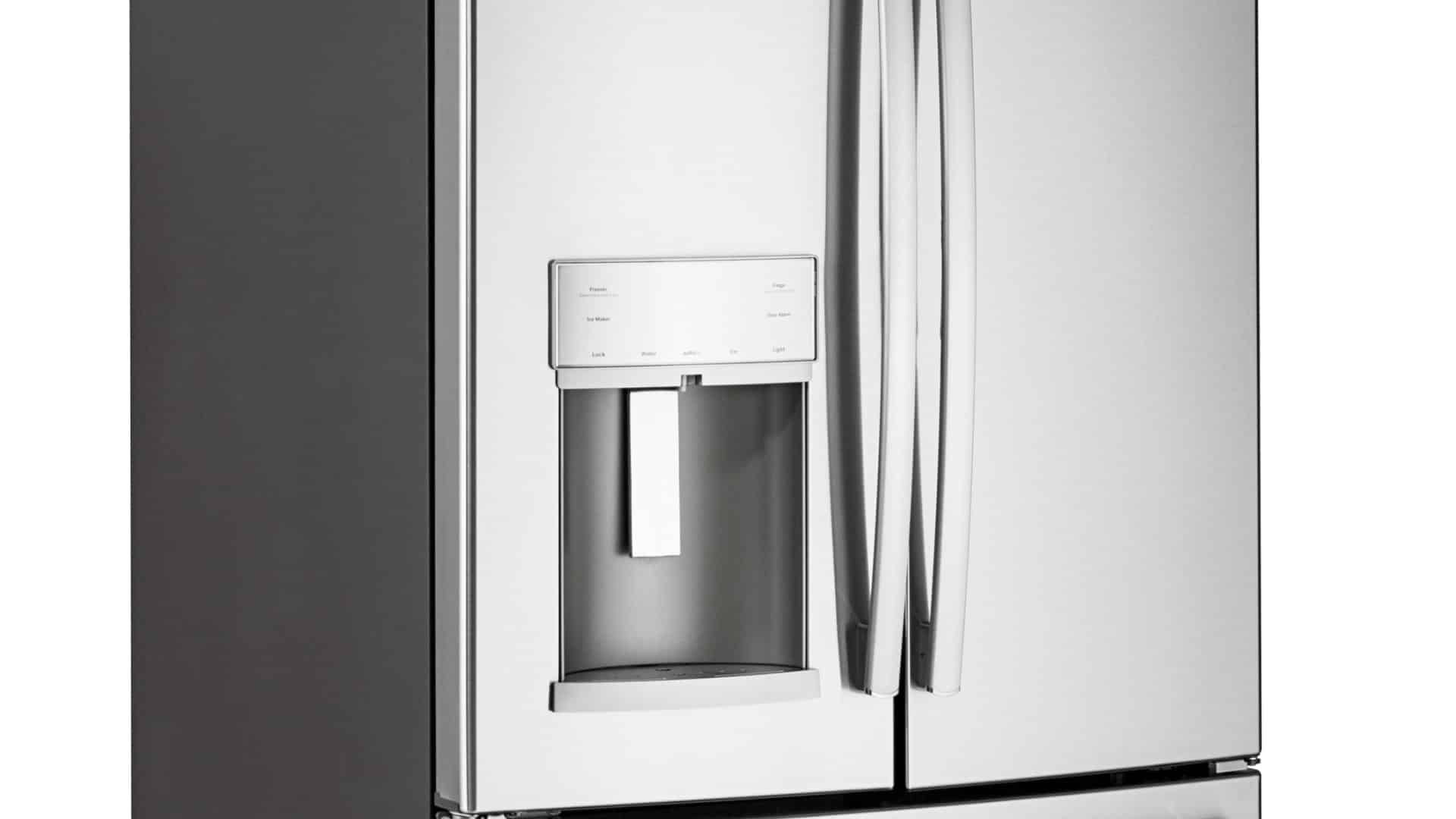
How to Reset the Water Filter Light on a Samsung Refrigerator
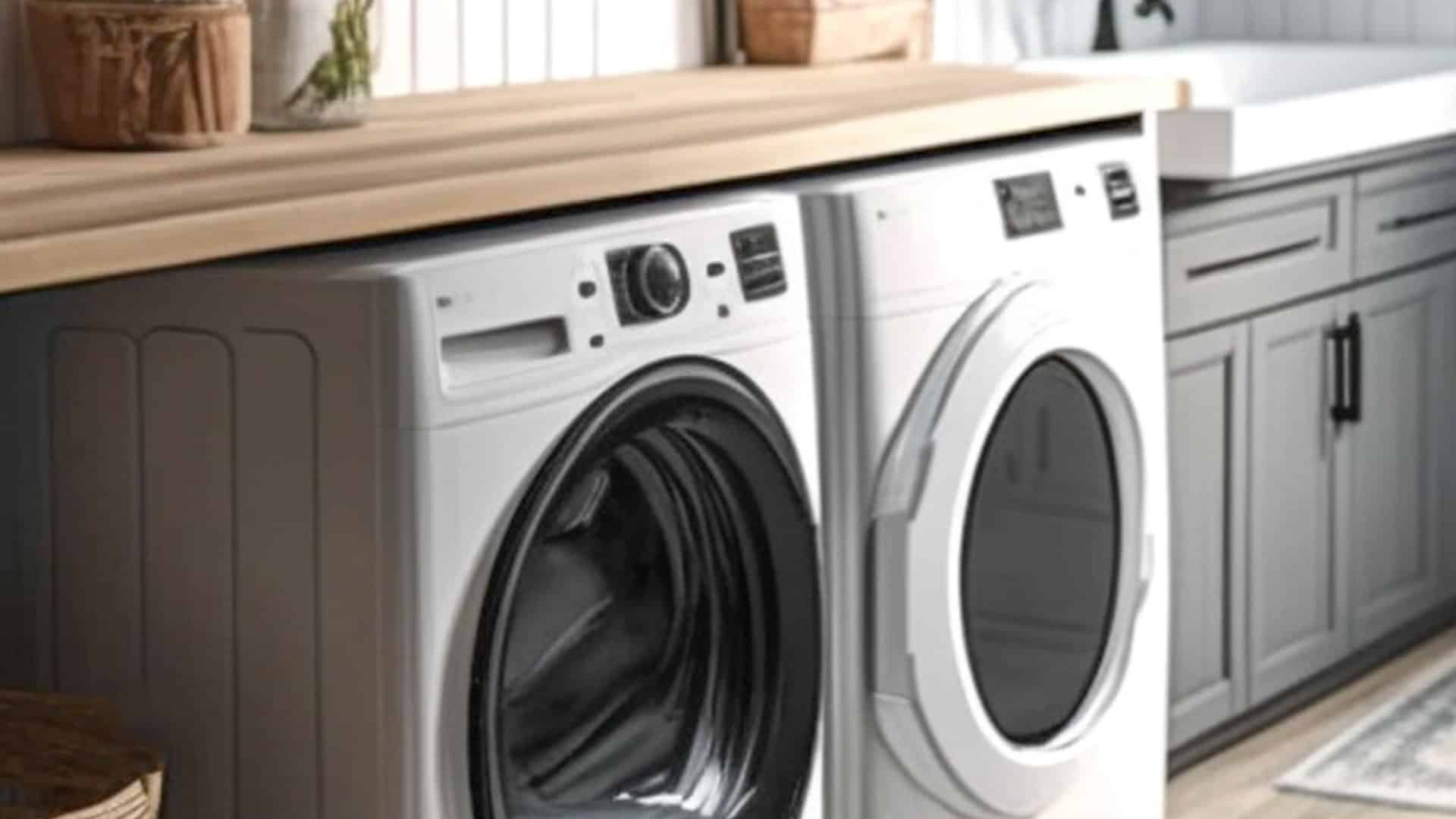
Maytag Washer Showing F5 Error Code? Here’s What To Do
